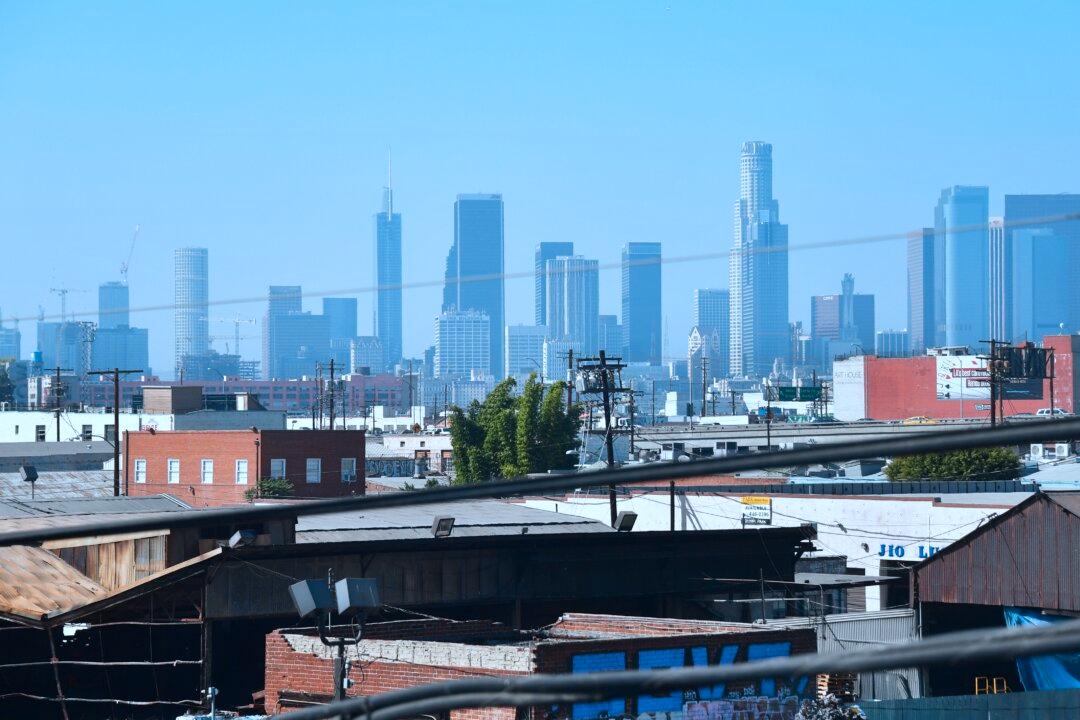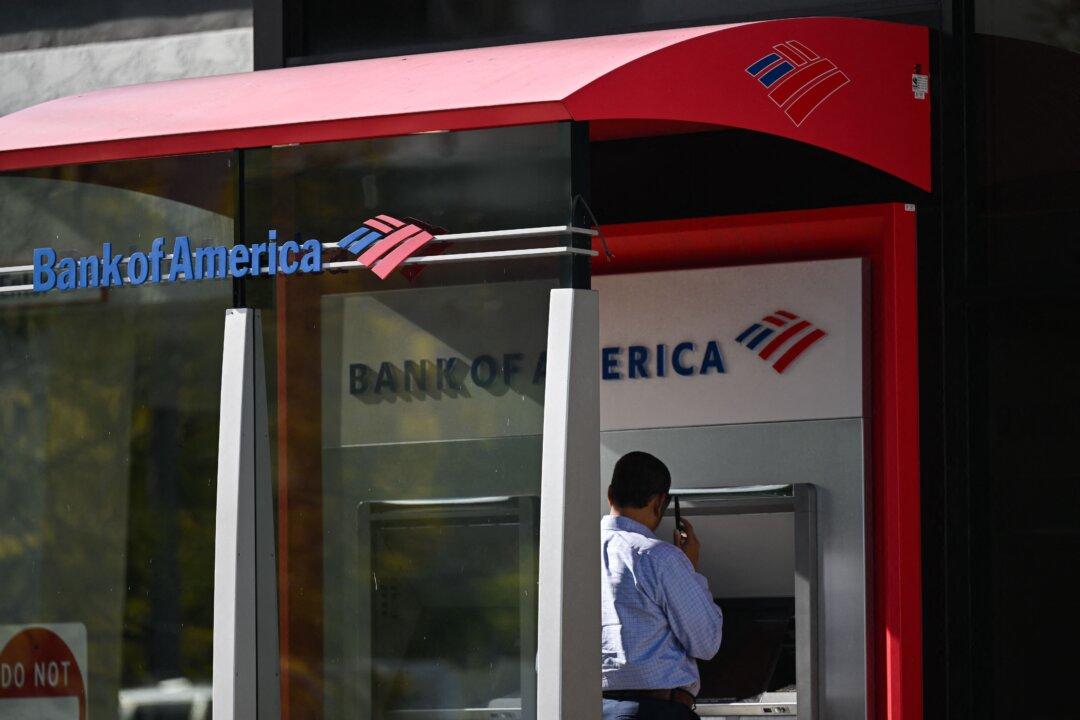Commentary
Taxifornia earned its nickname again on Nov. 8. The most taxed state in the country passed even more taxes. At least Proposition 30 lost. It would have increased taxes on the wealthy and generated up to $5 billion per year, with the top income tax rate rising to 15.05 percent from the current 13.3 percent. It was so bad that even California Gov. Gavin Newsom opposed it.





